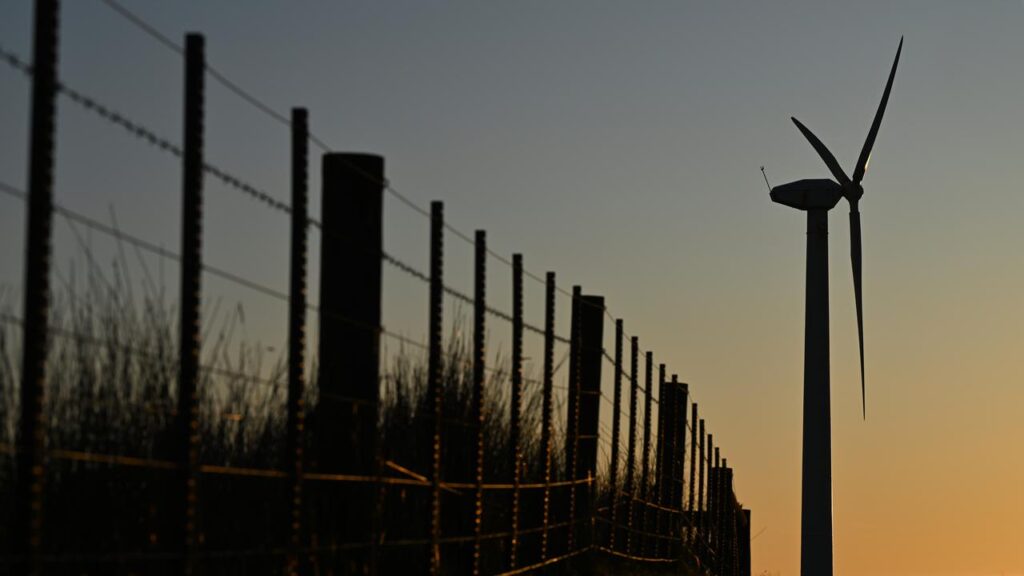Nature’s recovery, not decline, promise of major reform
Poppy Johnston, Zac de Silva and Grace Crivellaro |

Australia’s beloved bush in recovery rather than decline is being promised by the federal environment minister if his reworked nature laws make it through parliament.
Murray Watt used a national address to spruik the latest attempt to modernise the laws, widely considered as failing both nature and industry.
“I would like to see, even by the end of this term, the beginnings of nature starting to recover,” he told the National Press Club.

The nearly-1500 pages of legislation include the all-important ability to create national standards, which will set boundaries for decision-making that protects the environment.
In addition, any mine, housing or other development approved on the condition it offsets its harm will need to prove a “net gain” to the environment.
“We’re not going to have beautiful trees and birds and butterflies on every street overnight but, over time, we will start to see that improvement,” the minister said.
A bill overhauling the Environment Protection and Biodiversity Conservation Act was introduced to parliament on Thursday, but needs the support of the coalition or the Greens to make it into law.
Neither the opposition nor the minor party are happy with the legislation, but for different reasons, with Greens leader Larissa Waters describing it as “1400 pages gift wrapped for big business”.

Among the minor party’s asks are tougher restrictions on fossil fuel companies to ensure they cannot access fast approvals pathways or other “special treatment”.
Senator Watt faces pressure to ensure a “national interest” override to the usual nature protections will not be used by the emissions-intensive industry, nor used liberally by any future government.
National interest veto powers would be used “rarely” in matters relating to security and emergencies, he said.
Opposition environment spokeswoman Angie Bell also remains unconvinced by elements of the proposed legislation, including the “wide-ranging” powers of the Environmental Protection Agency.
A national EPA is key to Labor’s reforms, acting as an independent “cop on the beat” to enforce environmental protections.
“Labor’s seven bills of EPBC reform, as they are at the moment, are unworkable, and Australians should be concerned that this is a red light on jobs, a red light on productivity and a green light when it comes to investment offshore,” Ms Bell told reporters.

WWF-Australia chief executive Dermot O’Gorman said the proposed legislation needed to be tougher to protect nature.
“As this legislation moves through parliament, we urge all politicians to tackle the two greatest threats to our wildlife and wild places: deforestation and climate change,” the head of the conservation group said.
Australian Chamber of Commerce and Industry chief executive officer Andrew McKellar welcomed parts of the package, especially efforts to remove duplication from the approvals process.
But the business group boss was concerned with the powers proposed for the head of the EPA, among other details.
“It’s more important that we get the legislation right rather than meet any artificial deadline,” he said.
Labor has been gunning to pass legislation before the end of the year.
The bill has been sent to a parliamentary inquiry that’s due to report in March 2026, but the government could still broker a deal to pass it earlier.
AAP